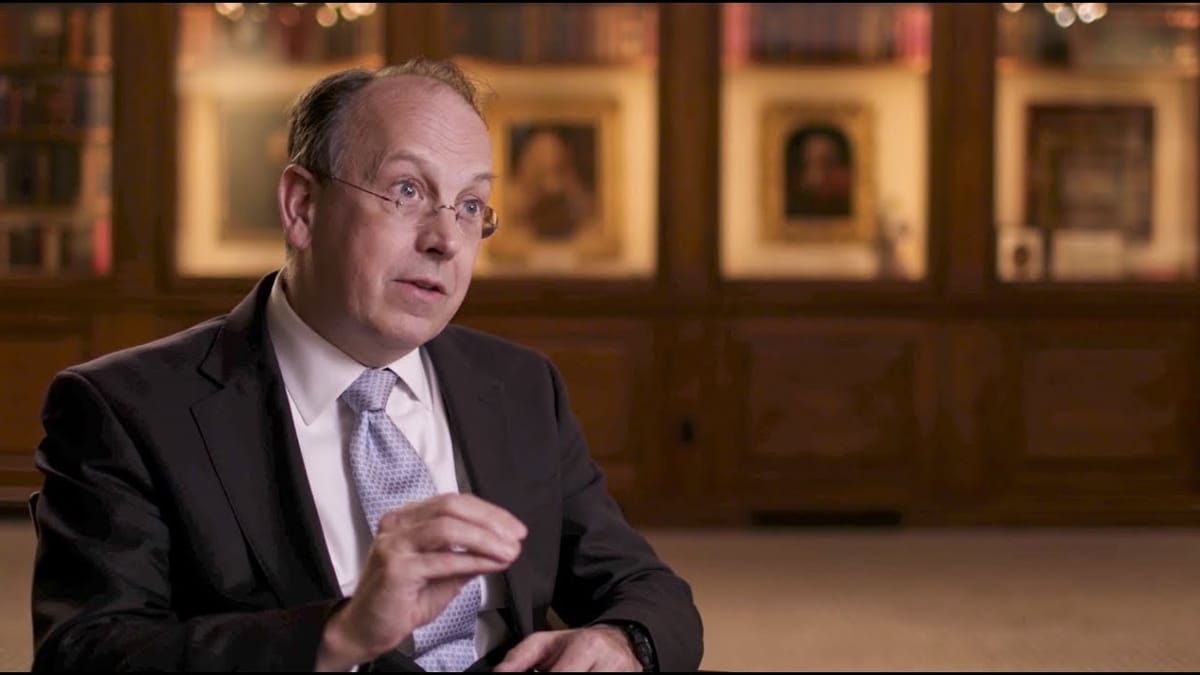Supreme Court Skeptical Of Texas, Florida Social Media Content Moderation Laws
Justices Roberts, Kavanaugh and Barrett seemed skeptical of the constitutionality of the Florida and Texas laws.

WASHINGTON, February 27, 2024 – U.S. Supreme Court justices on Monday expressed doubt that a pair of laws in Texas and Florida that restrict social media platforms from restricting users are compliant with the First Amendment.
The Texas and Florida laws regulate social media content moderation, alleging tech companies were silencing conservative users. Texas House Bill 20 prohibits social media platforms with more than 50 million users from banning users based on their political views. The Florida law, S.B. 7072, prohibits tech platforms from banning political candidates or “journalistic enterprises”
Justice Amy Coney Barrett, Justice Brett Kavanaugh, and Justice Chief Justice John Roberts seemed skeptical of the constitutionality of the laws, agreeing with the sentiment that the First Amendment protects editorial discretion of platforms.
Justice Elana Kagan asked Florida Solicitor General Henry Whitaker whether the states’ attempts to prohibit social media platforms from removing content from their sites constitutes, “a classic First Amendment violation.”
Whitaker denied that the platforms’ moderation practices were covered by the First Amendment.
However, not all the justices were in agreement, based upon their questioning.
Justices Clarence Thomas and Samuel Alito expressed skepticism about whether the platforms were truly engaging in good-faith editorial practices, or whether they were merely censoring unfavored viewpoints.
Paul Clement, the lawyer representing NetChoice and the other technology companies who challenged the Texas and Florida laws, argued that “exercising editorial discretion is absolutely necessary to make the websites useful for users and advertisers.”
“Can you give me,” Thomas countered to Clement, “one example of a case in which we said that the First Amendment protects the right to censor?”
Section 230 issues raised as well
The court also pondered the role that Section 230 of the Communications Decency Act plays in regards to legislation on social media moderation.
Section 230 provides partial federal immunity to social media companies, declaring them as merely platforms for speech instead of publishers. Clement argued that Section 230 supported the First Amendment and protected the editorial rights of social media companies.
The laws were pushed through the state legislatures in the wake of the January 6th, 2021 attacks on the U.S. Capitol. The Florida and Texas state governments alleged that the platforms were attempting to stifle politically conservative voices.
The majority of justices’ questions seemed to indicate siding with the tech companies. Indeed, these skeptical justices noted that the broad Florida law could conceivably apply to non-social media apps such as Gmail and Uber, on issues unrelated to free speech.
Tech companies first took Florida and Texas to federal court in 2022, challenging their legislation as a violation of their First Amendment rights to moderate the content on their platforms. The U.S. Court of Appeals for the 11th Circuit struck down the majority of the Florida law.
The U.S. Court of Appeals for the 5th Circuit upheld Texas’s social media legislation. However, the U.S. Supreme Court blocked the Texas law from going into effect while the legal challenge continued to play out.
The court is expected to render a decision by the end of the term around the end of June. High-profile cases tend to be the last ones released.








